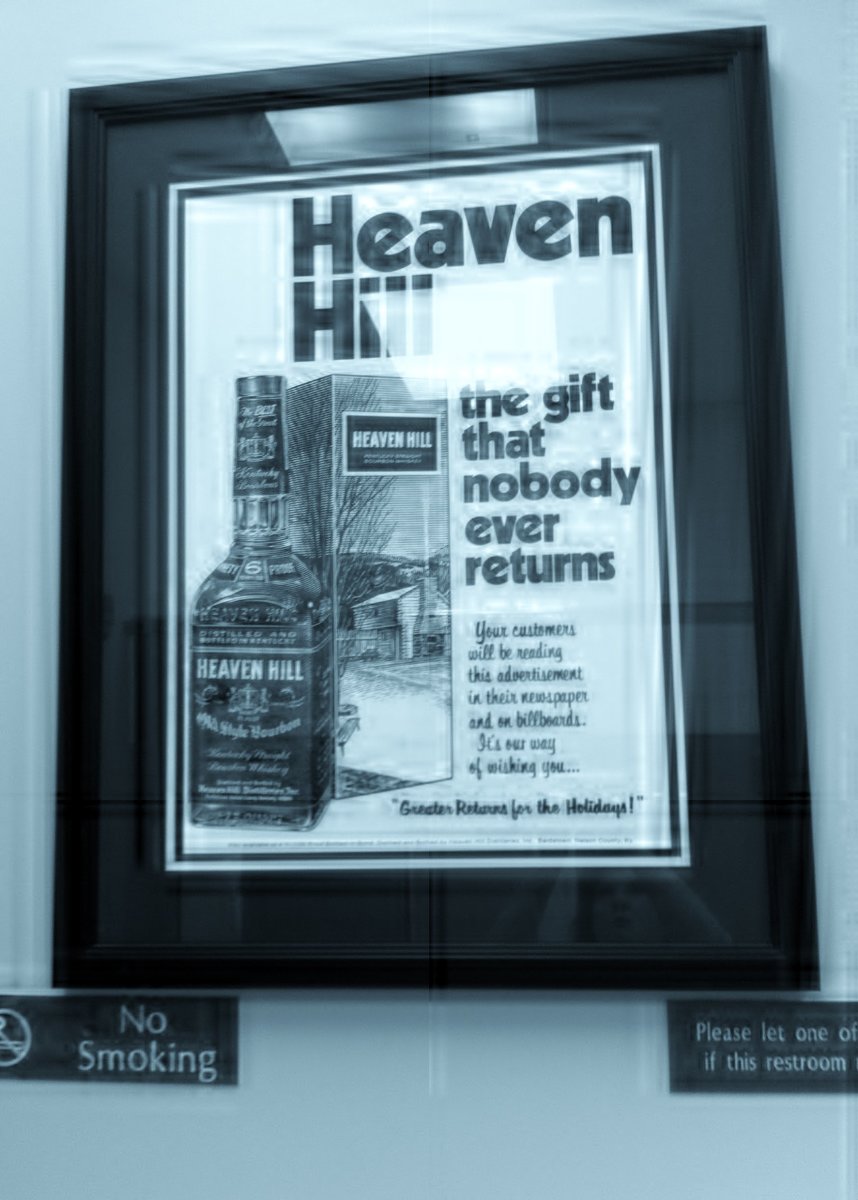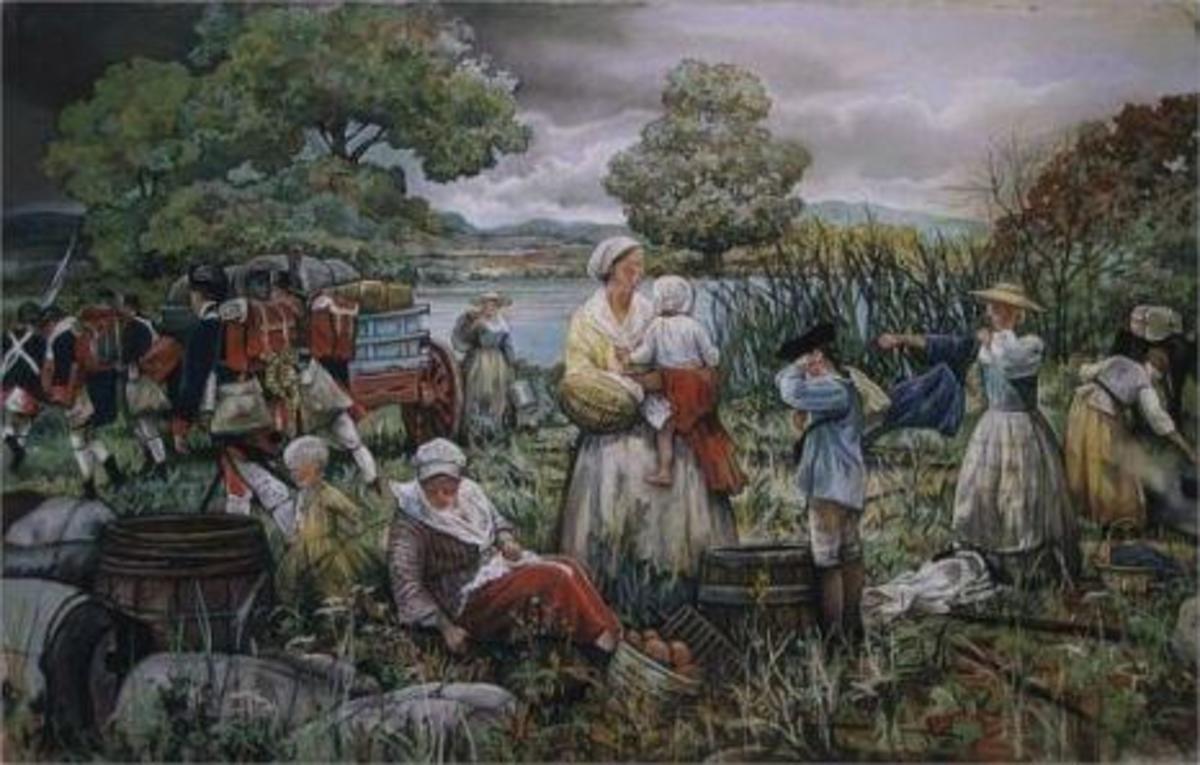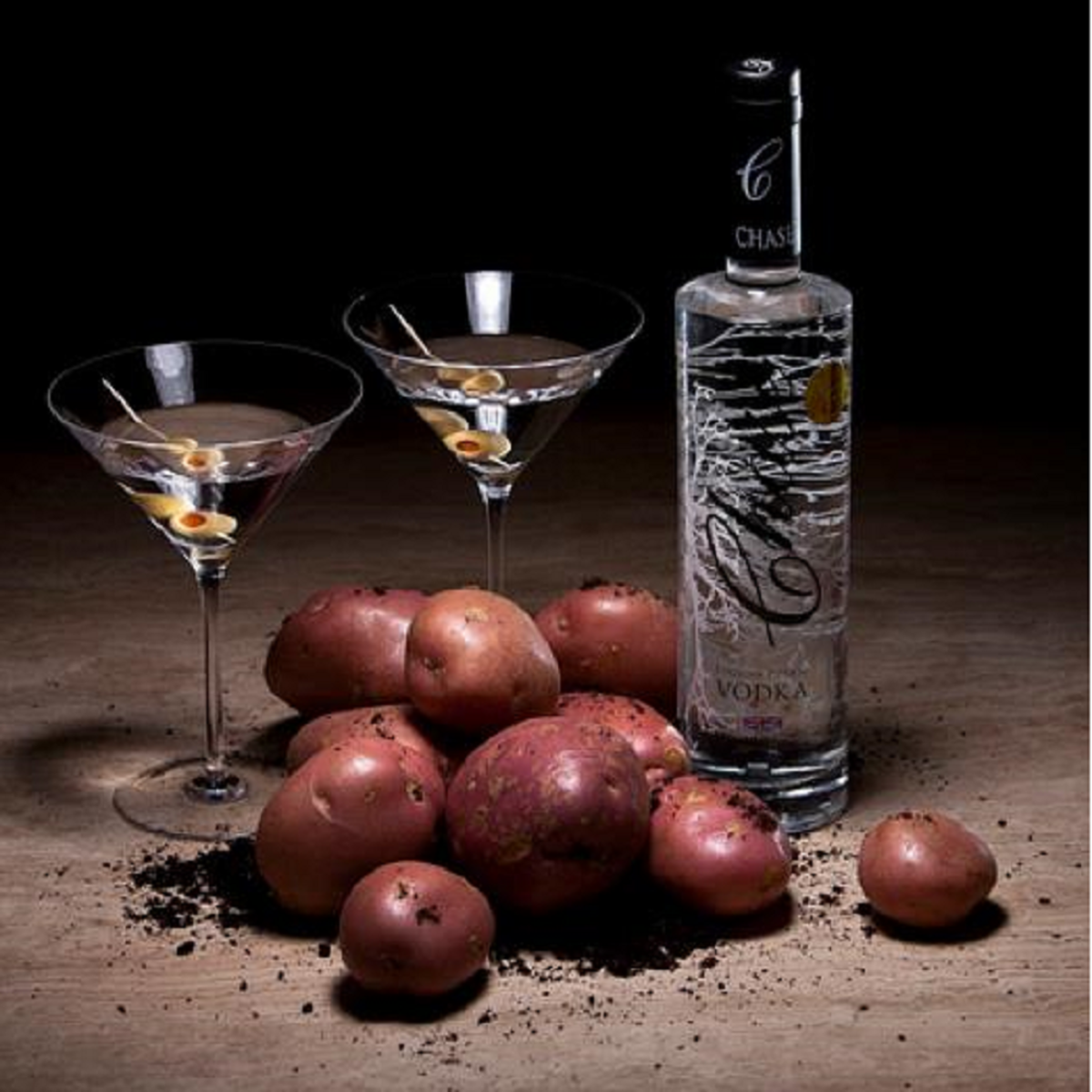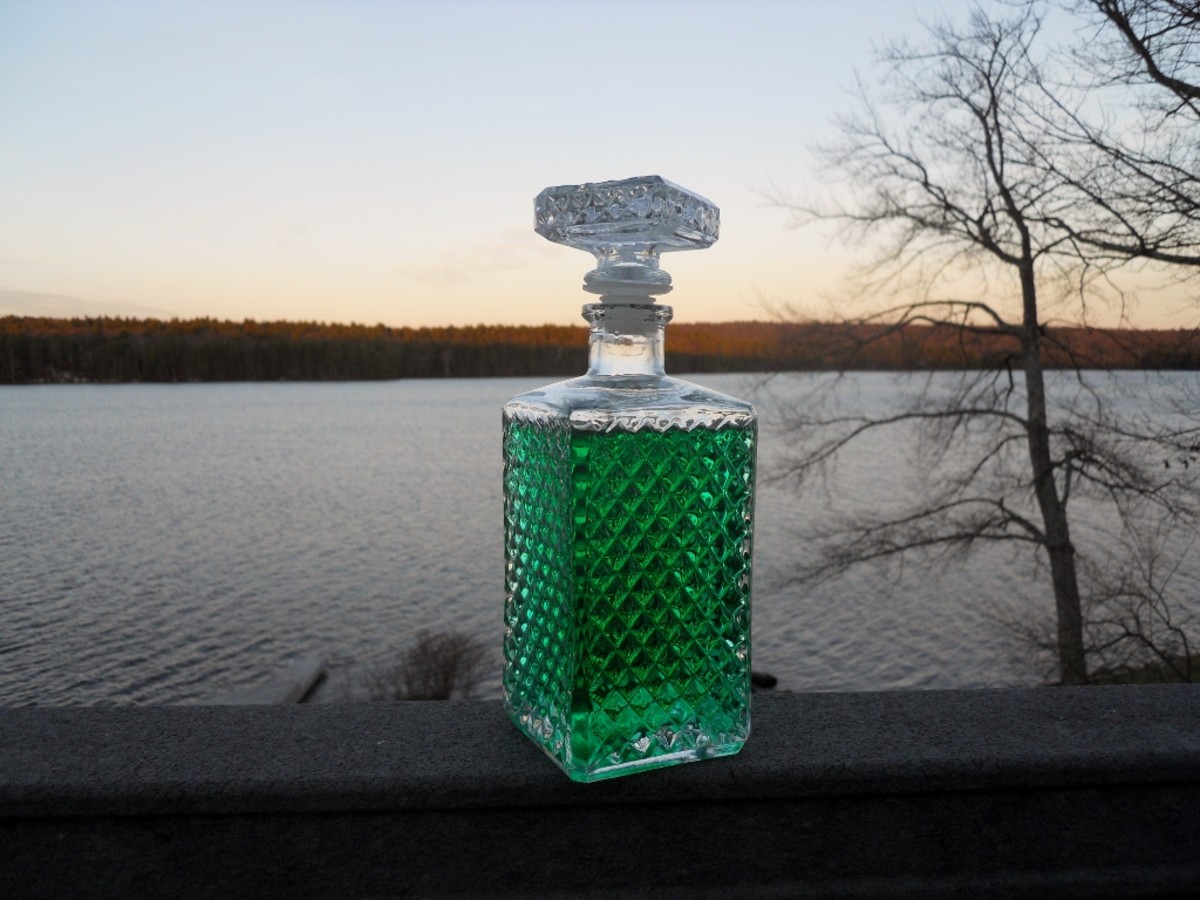Bourbon - America’s Drink
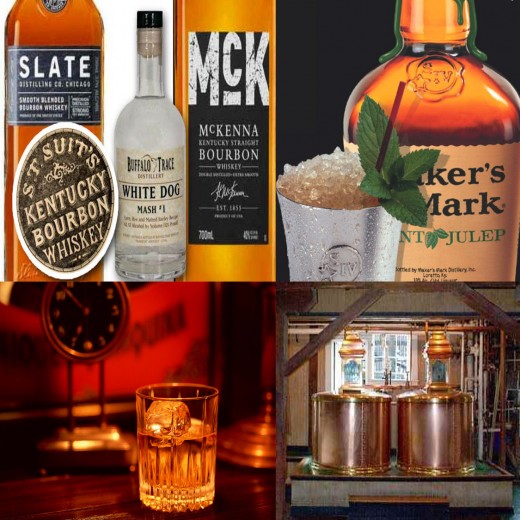
Background:
America was founded on a healthy appreciation for alcohol. Colonial drinks of choice often included beer, wine and whiskey, and surely the consumption of these beverages by the Founding Fathers played a major role in the creation of the nation. While a new republic was being formed, a new all-American beverage was also under development. Due to revolution, taxation and American ingenuity, colonial whiskey evolved into a uniquely American spirit – bourbon.
Whiskey was long popular with the Scotch-Irish immigrants who settled in colonial America. The spirituous beverage was so important to their lives that they brought their treasured distillation equipment and time-honored distilling tradition with them when they crossed the Atlantic. Due to wartime embargoes on the molasses and sugar necessary to make rum, Scotch and Irish whiskey became the most popular spirits in the colonies. Rye whiskey was made all over Western Pennsylvania and Appalachia through the American Revolution.
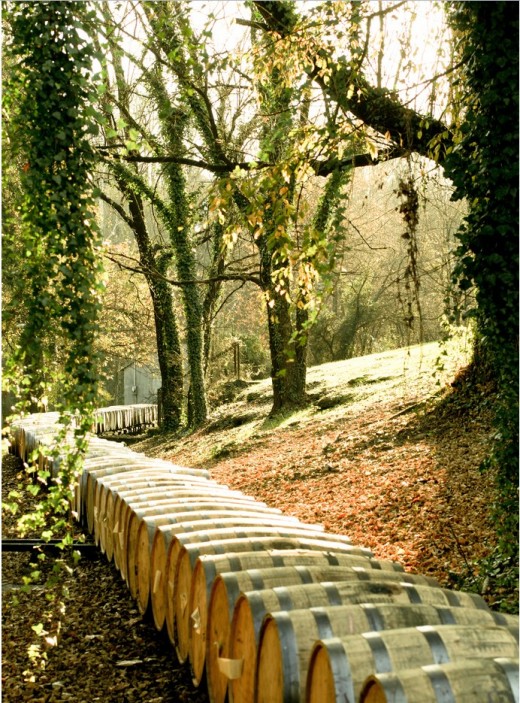
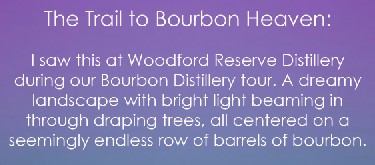

Because of money-making potential for the fledgling government, the Continental Congress began taxing whiskey production to pay war debt associated with the revolution. Whiskey-making settlers in the Appalachian regions were outraged and refused to pay, so the Continental Army was ultimately sent out to the Pennsylvania countryside in 1794 to calm the “Whiskey Rebellion." To allow a compromise with the stubborn Scotch-Irish settlers, the government created incentives for raising corn in Kentucky (then part of Virginia). Thomas Jefferson, Virginia’s governor, offered settlers sixty acres of Kentucky land in exchange for establishing a settlement and farming corn. Sixty acres of farmland produces a significant amount of corn – more than could be personally consumed by a family or sold as food. Naturally, the clever Scotch-Irish found a perfect application for the excess crop.

History of Bourbon:
Bourbon was born in Kentucky in the late 18th Century. The “corn whiskey” took its name for the region where it was distilled – Old Bourbon, incidentally named for the Bourbon family of France. Oak barrels of the booze were stamped “Old Bourbon” to mark its place of origin; eventually the word bourbon became synonymous with any American-made corn whiskey.
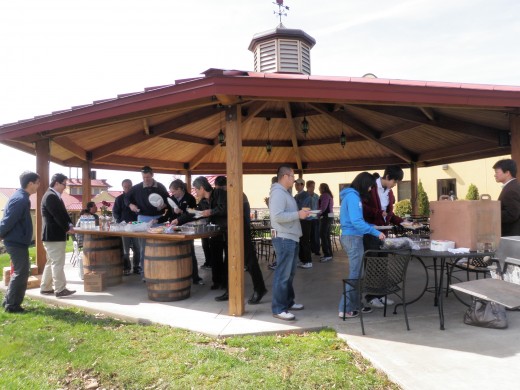

The Making of Bourbon Whiskey:
The process of distilling bourbon has not changed much since the first batch. Corn is the primary grain used, with the remainder being wheat or rye, and barley. This grain mixture, known as the mash, is then fermented. The mash can be fermented on its own or combined with sour mash.Sour mash fermentation incorporates mash from a prior distillation with the new mash. This process ensures that multiple batches maintain a consistent pH level. The fermented mash is next distilled to reach an alcohol percentage between 65% and 80%.The clear spirit is then aged in charred oak barrels, which give the liquor its characteristic red color. Bourbons continue to darken the longer they age.
Author's articles of recipes that has bourbon as a major ingredient:
- Mojito: A Little Lime and a Little Bit of Soul
Mojito is the national drink of Cuba, but its history is a little fuzzy. It may have been invented in the 16th century in honor of Sir Francis Drake. He's the Englishman famous for making the second circumnavigation of the globe. It seems like kickin - Angels are Singing: Nutella Egg Nog
A recipe for Nutella Egg Nog
Production process in chronological order:
- Grain Selection and Mixture (Mash Bill)
- Water
- Grain Cooker
- Yeast Management
- Fermentation
- Distillation
- Sour Mash
- Animal Food
- Filling into Barrels
- Storage
- Bottle Filling
After completion of the aging process, which can last weeks to decades depending on the distillery, the bourbon is removed from the barrel and diluted with water to 80 proof (40% alcohol by volume). Although most bourbon whiskey sold is 80 proofs, bourbons up to 151 proof do exist on the market. The highest proofs available for consumption are the elusive "barrel proofs," which are not diluted with water before bottling.


